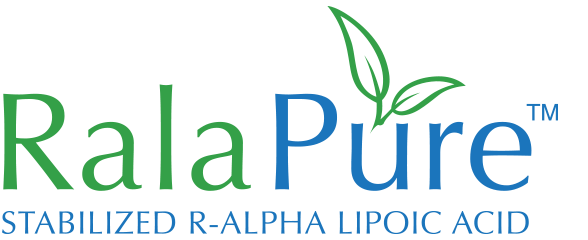Causes & Effects of Burning Mouth Syndrome
Burning Mouth Syndrome (B.M.S.) is characterized by a burning sensation in the tongue or other oral sites. Affected patients often present with multiple oral complaints, including burning, metallic or bitter, dry mouth, and taste alterations.  Typically, patients awaken without pain but note increasing symptoms through the day and into the evening.
Typically, patients awaken without pain but note increasing symptoms through the day and into the evening.
What is Burning Tongue Syndrome?
Burning mouth syndrome is a relatively common condition which is characterized by a complaint of an abnormal sensation of the lining of the mouth which most patients describe as feeling like their mouth has been scalded. Usually this sensation develops in the front part of the mouth, typically affecting the inner surfaces of the lips, the roof of the mouth, and the sides and tip of the tongue. In some patients, only the tongue will be affected, however, any combination of these sites may be seen. Some patients may have decreased taste ability or altered taste sensation. In all cases, however, the lining of the mouth clinically appears normal.
Who gets burning mouth?
Most patients who develop burning mouth syndrome are post menopausal women. We usually see about ten women for every man that has burning mouth syndrome. Interestingly, men develop this condition, on the average, about fifteen years earlier than women. This does seem to be a relatively common problem which is seen all over the world. For example, in Holland, patients with burning mouth syndrome have formed a suppport group. This seems to be a condition which affects people of all races and all socioeconomic backgrounds.
What causes burning mouth?
Burning mouth syndrome has features of a neuropathy and could be related to the production of the toxic free radicals that are released in stress situations. Alpha-lipoic acid is an antioxidant able to increase the levels of intracellular glutathione and eliminate free radicals. This study aimed to examine the effectiveness of alpha-lipoic acid in the therapy of BMS.
How do doctor’s diagnose burning mouth syndrome?
Burning mouth syndrome is diagnosed by doing blood tests and blood cultures to make certain that one of the other problems mentioned previously is not present. If those tests are all negative, and if the lining of the mouth appears normal, then we can make a diagnosis of burning mouth syndrome.
Burning Mouth Syndrome Facts
About 1.3 million American adults, mostly postmenopausal women, are afflicted with Burning Mouth Syndrome, a chronic often debilitating condition whose cause remains a medical mystery.
Burning Mouth Syndrome Study:
Controlled Open Trial of the Efficacy of Alpha-Lipoic Acid (Thioctic Acid) on Symptomatology
Femiano F, Gombos F, Scully C, Busciolano M, Luca PD. – Stomatology Clinic II, University of Medicine and Surgery, Napoli, Italy.
Alpha-lipoic acid (ALA), is a potent antioxidant mitochondrial coenzyme, the trometamol salt of thioctic acid that has been shown in clinical studies to be neuroprotective. This study examined the effect of ALA on the symptomatology of Burning mouth syndrome (BMS). SUBJECTS AND METHODS: Forty-two patients with BMS and no clinical or laboratory evidence of organic oral disease were divided into two groups (Test and Control) each of 21 subjects, matched for age and sex. The Test group were given ALA (thioctic acid; Tiobec) for 30 days, as 600 mg per day orally for 20 days followed by 200 mg per day for 10 days. The Control group were given cellulose starch 100 mg per day as placebo for 30 days. All BMS patients were reviewed at 10- day intervals and scored for changes in symptomatology. RESULTS: Significant improvements were shown in the symptomatology of BMS in up to two-thirds of patients with BMS receiving alpha-lipoic acid, in about 15% of those using placebo and also in up to two-thirds of those who, having tried placebo, were switched to ALA. We have examined the effects on 4 groups of 20 patients with BMS of ALA, compared with bethanecol, Biotene and placebo, and found ALA of remarkable benefit with minimal adverse effects.
This was a double blind, controlled study conducted for two months on 60 patients with constant BMS. Comparing alpha-lipoic acid (test) with cellulose starch (placebo), there was no laboratory evidence of deficiencies in iron, vitamins or thyroid function and no hyperglycaemia. RESULTS AND CONCLUSION: Following treatment with alpha-lipoic acid, there was a significant symptomatic improvement, compared with placebo, with the majority showing at least some improvement after 2 months, thus supporting the hypothesis that burning mouth syndrome is a neuropathy. This improvement was maintained in over 70% of patients at the 1 year follow-up.












